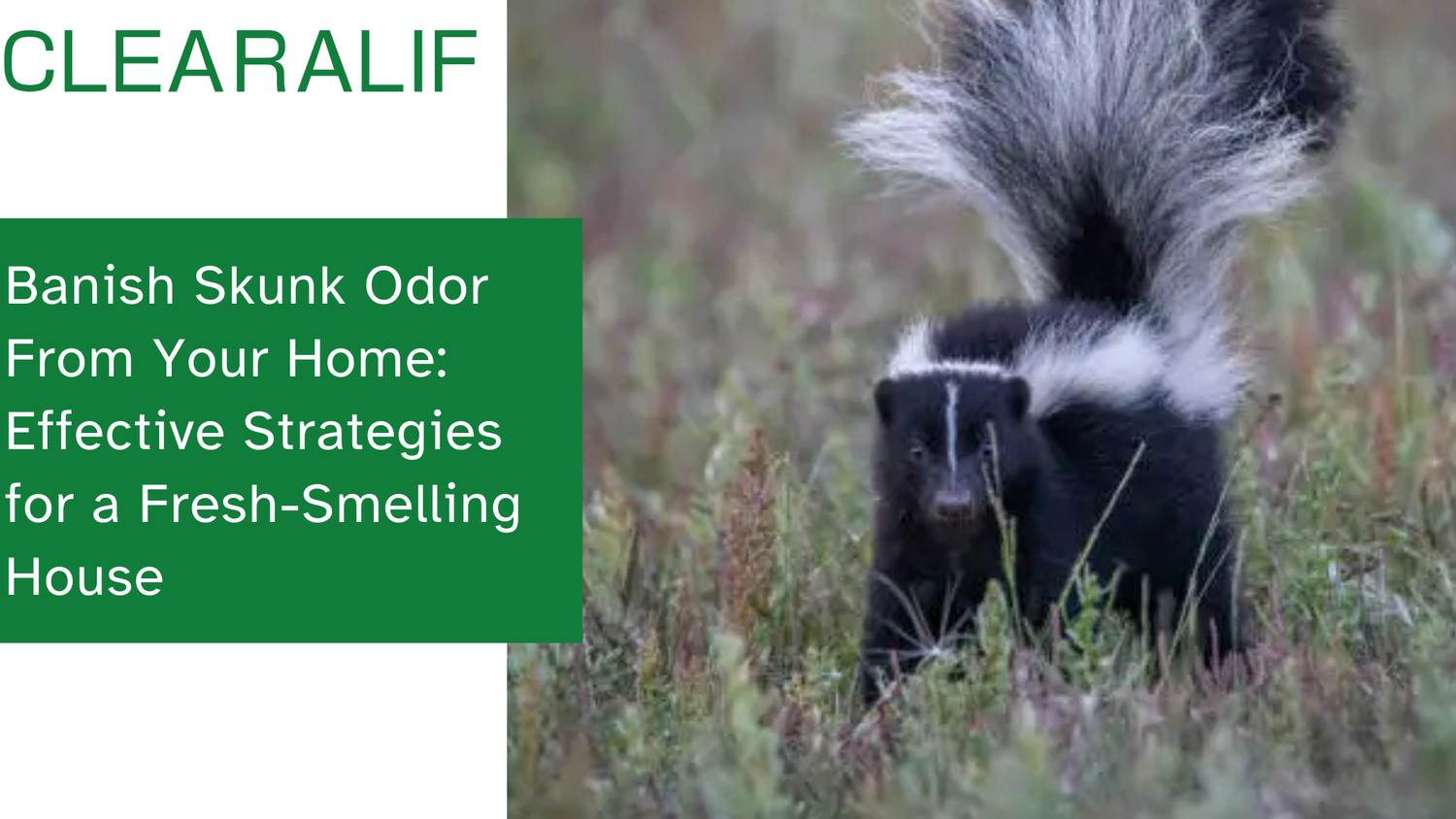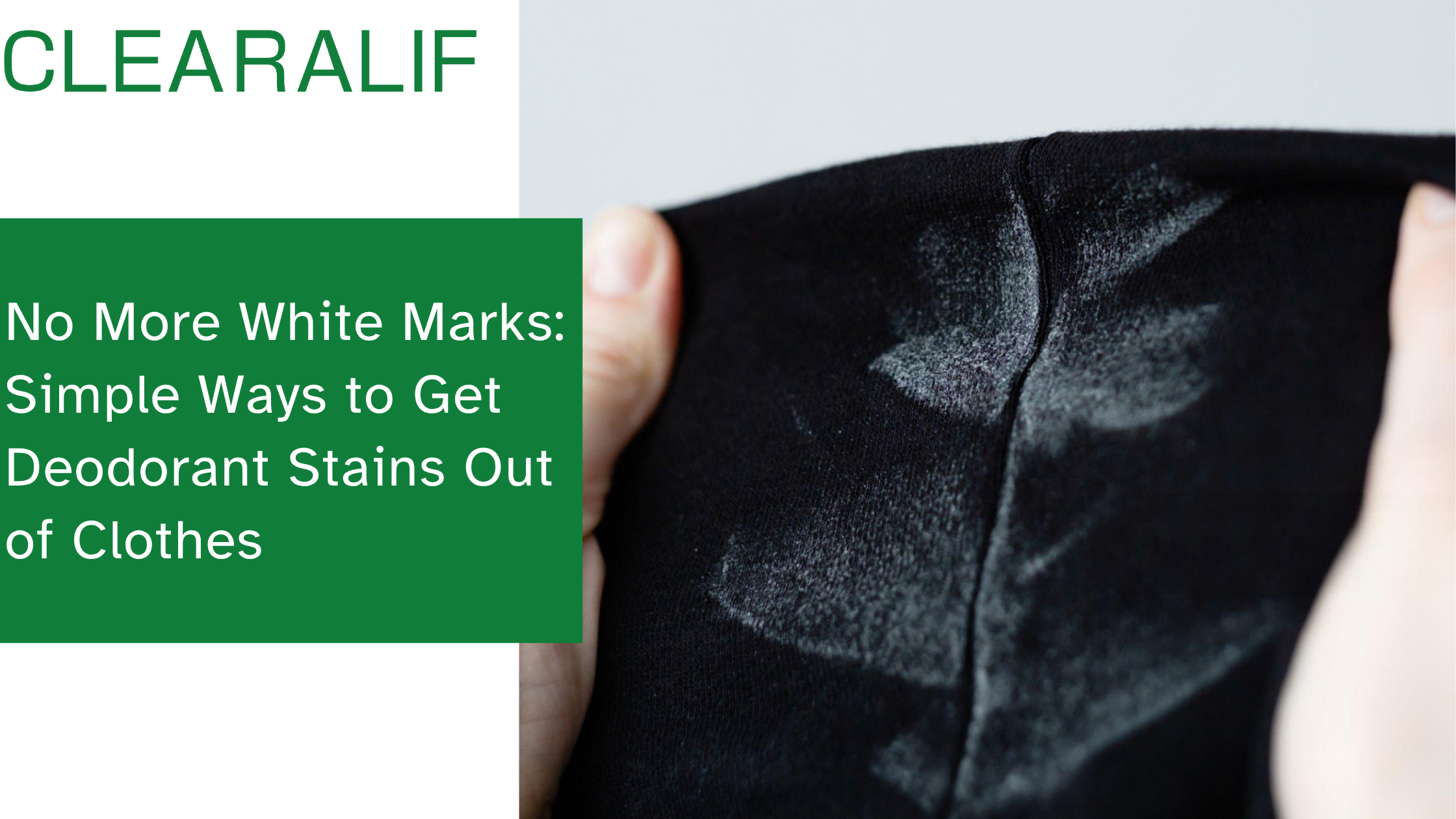Ugh, that skunk smell! If you've just walked into your home and been hit with that unmistakable pungent odor, I feel your pain. There's nothing quite like that moment of panic when you realize your house smells like skunk, and you're wondering how on earth you're going to get your home smelling normal again.
Don't worry—you're not alone in this stinky situation. As someone who's dealt with this exact problem (thanks to my dog's unfortunate midnight encounter), I can tell you there are effective ways to tackle that skunk smell in your house. Let's walk through this together!
That Unmistakable Smell
We all know that distinctive skunky odor—it's like a mix of burnt rubber, rotten eggs, and strong chemicals all rolled into one nose-wrinkling package. When that smell invades your home, it can feel overwhelming, but with the right approach, you can absolutely get your house smelling fresh again.
Why Does It Smell Like Skunk in My House?
Before jumping into solutions, it helps to understand where that smell might be coming from:
- Direct spray near your home: A skunk may have sprayed near an open window, door, or air intake
- Pet encounter: Your dog or cat may have had a run-in with a skunk and brought the smell inside
- Under your house: Skunks sometimes make dens under porches or in crawl spaces
- Dead skunk: In rare cases, a skunk might have died somewhere near your property
- Gas leak confusion: Sometimes what people think is skunk smell is actually a natural gas leak (gas companies add a similar-smelling compound called mercaptan to help detect leaks)
Is Skunk Smell in the House Dangerous?
Good news—in most cases, skunk smell in your house isn't dangerous to your health. It's certainly unpleasant and can cause temporary discomfort like:
- Watery eyes
- Nausea
- Temporary breathing discomfort if very strong
However, if the smell is extremely intense and causing severe reactions, or if you're uncertain whether it's skunk or gas, it's better to be safe. Step outside to get fresh air and consider calling your gas company if you suspect it could be a leak rather than a skunk.
Quick First Actions: When You Notice Skunk Smell in the House
- Open all windows and doors to create maximum airflow
- Turn on fans pointing outward through windows to push the smell outside
- Locate the source if possible (pet, specific room, etc.)
- Remove affected items that can be taken outside
DIY Solutions That Really Work to Get Rid of Skunk Smell in House
Let's tackle this problem with some proven remedies:
1. The Vinegar Method
Vinegar is truly a miracle worker when it comes to neutralizing skunk odor:
- Fill several shallow bowls with white vinegar
- Place them throughout affected rooms
- Leave overnight—the vinegar will absorb much of the odor
- For surfaces, mix equal parts vinegar and water in a spray bottle and wipe down walls, floors, and furniture
2. The Hydrogen Peroxide Solution
This is especially effective for fabrics and soft surfaces:
- Mix: 1 quart of 3% hydrogen peroxide + ¼ cup baking soda + 1-2 teaspoons liquid dish soap
- Test in an inconspicuous area first
- Apply to affected areas, let sit for 5-10 minutes, then rinse or wipe clean
- Note: Don't store this mixture—use immediately and mix only what you need
3. Baking Soda Power
Baking soda is excellent for absorbing odors:
- Sprinkle liberally on carpets, rugs, and upholstery
- Let sit for several hours or overnight
- Vacuum thoroughly
- For clothing or washable fabrics, add 1 cup of baking soda to your regular laundry detergent
4. Activated Charcoal or Coffee Grounds
Both of these can help absorb lingering odors:
- Place bowls of coffee grounds or trays of activated charcoal in affected rooms
- Replace every few days until the smell dissipates
- Activated charcoal can also be found in odor-absorbing products at home improvement stores
The Importance of Airflow
I can't stress enough how crucial good ventilation is when battling skunk smell:
- Keep windows open as much as possible for several days
- Use box fans in windows (pointing outward) to create negative pressure
- If you have an attic fan, run it continuously
- Change your HVAC filter, as it may have trapped the odor
Cleaning Affected Areas
Different surfaces require different approaches:
Hard Surfaces
- Floors, countertops, walls: Vinegar solution or hydrogen peroxide mixture
- Wood furniture: Diluted vinegar (1:2 with water) or commercial wood cleaner
Fabrics and Soft Surfaces
- Machine-washable items: Wash with 1 cup vinegar in the rinse cycle
- Non-washable furniture: Spray with vinegar solution and let dry
- Carpet: Baking soda treatment followed by carpet cleaner
Air and HVAC System
- Change air filters immediately
- Consider using an ozone machine (available for rent) as a last resort for serious cases
- Place bowls of vinegar near air returns
Dealing with Lingering Smells
If you've tried everything and still detect that faint skunk smell:
- Try commercial odor eliminators specifically designed for skunk odor
- Consider using air purifiers with activated carbon filters
- Steam clean carpets and upholstery
- In extreme cases, you might need to repaint walls that have absorbed the odor
When Extra Help Might Be Needed
Sometimes you need to call in reinforcements:
- If you suspect skunks are living under your house or in your yard, contact a wildlife removal service
- For severe indoor contamination, professional odor removal services have specialized equipment
- If you've tried everything and the smell persists, you might need a professional assessment to find hidden sources
A Few Tips for Prevention
Stop this smelly problem before it starts:
- Secure trash cans with tight-fitting lids
- Remove food sources from your yard (fallen fruit, unsecured pet food)
- Block potential den sites under porches or sheds
- Install motion-activated sprinklers or lights to deter skunks
- Keep pet doors closed at night when skunks are most active
Breathing Easier: You've Got This!
Remember, as horrible as skunk smell seems when it first hits your home, it won't last forever. With persistence and the right techniques, you'll get your house smelling fresh again. The key is acting quickly, ventilating thoroughly, and being patient as you work through the deodorizing process.
Have you dealt with skunk smell in your house before? What worked best for you? Share your experiences in the comments below—we can all learn from each other's skunk adventures!






Leave a comment
This site is protected by hCaptcha and the hCaptcha Privacy Policy and Terms of Service apply.